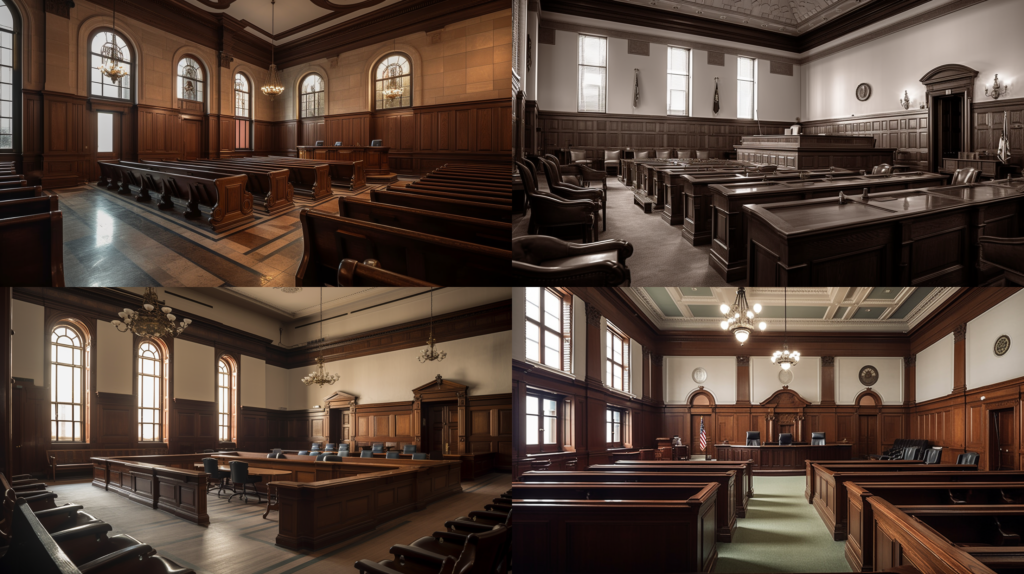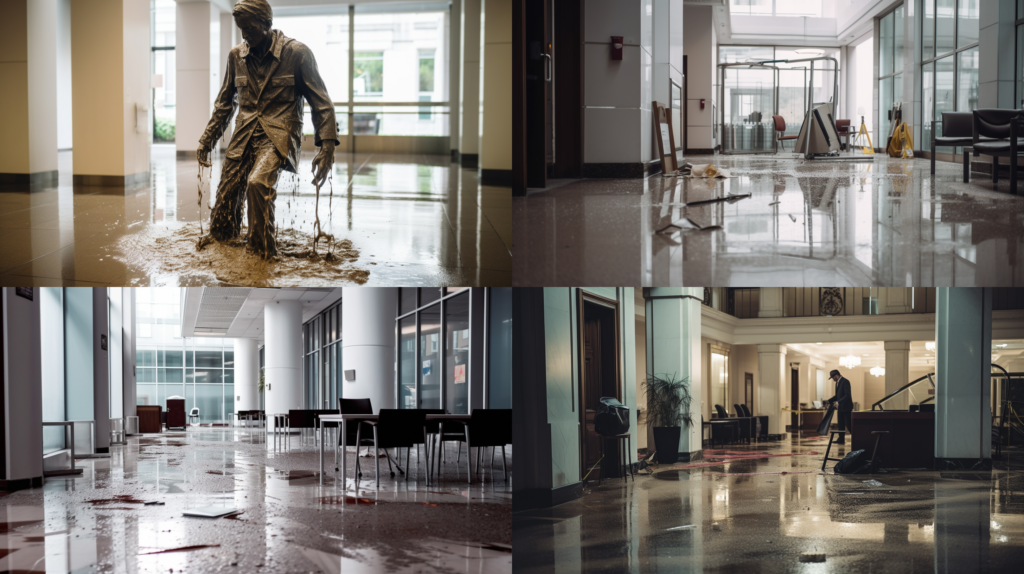
When discussing Premises Liability in Texas, it is quintessential to delineate the legal facets and obligations governing property owners and occupiers. Texas law mandates property owners to maintain secure, hazard-free environments for visitors, ensuring the paramount safety and well-being of every individual on their premises.
The Foundation of Premises Liability in Texas
In Texas, premises liability firmly anchors in negligence doctrine, obligating property owners to maintain property and warn of latent dangers. This implicates both commercial and residential properties, encompassing a wide range of scenarios from slip and fall cases to more complex, multifaceted legal situations.
Categories of Visitors
Invitees are individuals invited onto a property for the benefit of the property owner, often for business reasons, and they are owed the highest duty of care. Licensees are guests who enter the property for social reasons and are owed a moderate level of care. Lastly, Trespassers enter without permission and are owed the least duty of care.

Scope and Breadth of Duty Owed
Texas law stipulates that the duty owed to a visitor is heavily contingent on the visitor’s classification.
Owners must regularly inspect their property and rectify or warn of any potential hazards for invitees. For licensees, the owner must warn of hidden dangers known to them.
Intentional harm or gross negligence is the only protection offered to trespassers.
Critical Elements of a Premises Liability Claim:
To forge a successful premises liability claim in Texas, one must substantiate the following components: the existence of a duty of care by the property owner, a breach of that duty, and consequent injuries stemming from the breach. Detailing and corroborating each component is crucial for establishing liability and securing rightful compensation.
Notable Cases and Statutory Provisions
Analyzing prominent premises liability cases such as Parker v. Highland Park, Inc. and Corbin v. Safeway Stores, Inc. can offer insightful perspectives and practical comprehension of Texas premises liability laws. Additionally, the Texas Civil Practice and Remedies Code Title 4, Chapter 75 outlines crucial statutory provisions governing premises liability, including limitations, defenses, and immunities applicable to property owners.
Compensation and Damages
Victims of premises liability in Texas can seek compensation for medical expenses, loss of earnings, pain and suffering, and in some severe instances, punitive damages. The quantification of damages necessitates meticulous documentation and substantiation of all losses and impacts suffered due to the injury.
The Statute of Limitations in Texas Premises Liability Cases
In Texas, the statute of limitations for premises liability claims is two years from the date of the injury. This denotes a stringent timeframe within which the aggrieved party must file a lawsuit to safeguard their legal rights and potential compensation.

Legal Representation and Claim Management: Texas Premises Liability Overview
Securing adept legal representation is paramount for navigating the complexities of premises liability cases in Texas. Legal counsel can meticulously scrutinize the nuances of each case, proffering invaluable insights and crafting strategic approaches to maximize compensation. Efficient claim management and thorough legal analysis are instrumental in securing favorable outcomes in premises liability cases.
Insurance Considerations and Settlements
Insurance considerations play a pivotal role in premises liability claims in Texas. Navigating the intricacies of insurance policies, negotiating with insurance companies, and achieving equitable settlements are integral to the resolution of premises liability cases. A nuanced understanding of insurance dynamics is crucial for the optimal resolution of claims and securing fair recompense for victims.

Conclusion: The Importance of Understanding Premises Liability in Texas
Grasping the fundamentals of Premises Liability in Texas is crucial for both property owners and victims. A profound understanding of the legal obligations, rights, and remedies can aid in the prevention, management, and resolution of premises liability issues, fostering a safer and more harmonious coexistence within the community. Property owners can mitigate risks by remaining vigilant, informed, and proactive, while victims can ensure protection of their rights and receive just compensation. Texas Premises Liability Overview.

